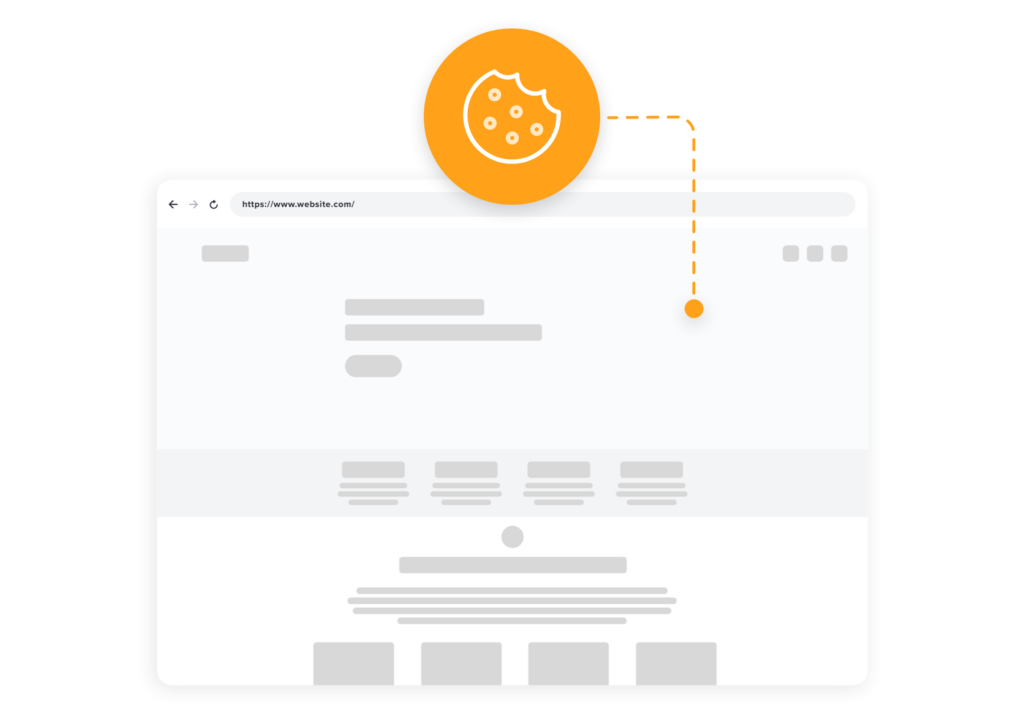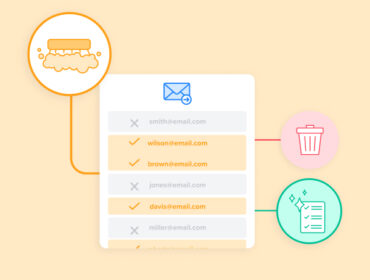3 new insights from the inventor of website cookies
Have you ever wondered what the inventor of website cookies thinks of his creation today — 28 years later? Or, better yet, what his favorite actual cookie is? (Spoiler: It’s oatmeal chocolate chip.)

Well, your questions have been answered.
Lou Montulli, who invented website cookies in 1994 while working at Netscape, recently participated in a Reddit AMA (Ask Me Anything) session. And he got candid about everything from privacy concerns and regrets to data protection and the importance of first-party targeting.
These insights are especially vital as publishers and brands prepare for the depreciation of the third-party cookie, which will change identity and addressability as we know it.
So, what did Montulli have to say about the past, future, and present of website cookies?
Let’s take a look.
Reddit user sf-keto asked: “Do you have any regrets about what the tracking system built on cookies became?”
Montulli responded with his main concern: Cookies were actually designed to explicitly avoid tracking. He made them to help individual websites better remember their visitors — like if they had items in their shopping carts — but they weren’t meant to track and target customers with ads across the web. He even wrote in a 2013 blog post: “I am not comfortable with being tracked across the web by Cookies.”
So, if Montulli had to redesign cookies today, he said, “The base design would be the same, but third-party cookies would have been scoped to a combination of the first party and third party so that they could not be exploited in the way that they are today.”
Thankfully, an antidote to third-party tracking has emerged to help businesses better serve ads and protect customer privacy: first-party data.
As Montulli said: “First-party cookies do not have any privacy concerns that I know of […] I would agree with those who say third-party cookies can be a breach of privacy, but I would also point out that since 1996 there have been mechanisms in place to turn off or control the use of third-party cookies exactly for that reason.”
The problem with turning off those cookies is that it prevents businesses from learning about their customers and reaching them with relevant content. That’s why brands and publishers are turning to first-party data to deliver safer, more effective, and more user-friendly ad experiences.
We’ve been subject to — and responsible for — endless third-party cookie puns like “as the cookie crumbles” and “Who stole the cookie from the cookie jar?” And for good reason! Website cookies were actually named after fortune cookies — because, as Montulli put it, they’re “a message wrapped in a container.”
He said: “The name ‘cookies’ comes from a software trick from an old operating systems manual I read a few years earlier, a technique for passing information back and forth between the user and the system. For some reason, the small piece of data exchanged had been called a ‘magic cookie.'”
Montulli used that model to build out his own idea for a web-based cookie, which “would give the medium a sense of memory without compromising privacy.” Of course, we know how that part turned out. But even though the purpose of cookies was distorted, the name definitely stuck.
As third-party cookies continue to be phased out, publishers and brands can use first-party data to monetize their content, retarget customers, and improve identity and addressability across the web.


